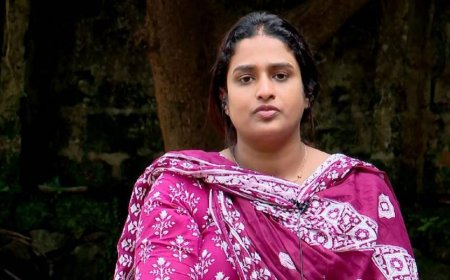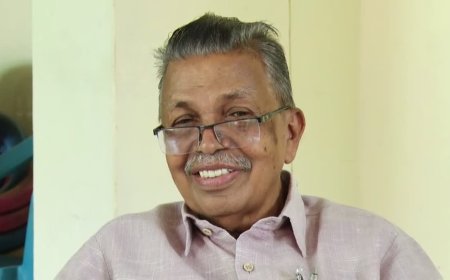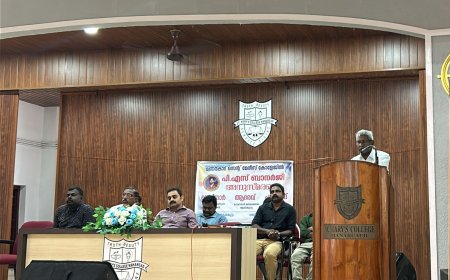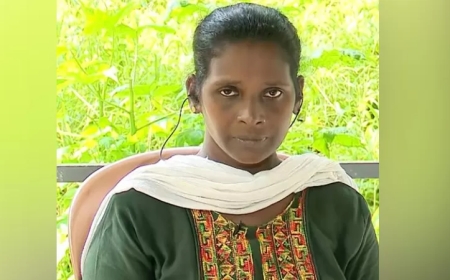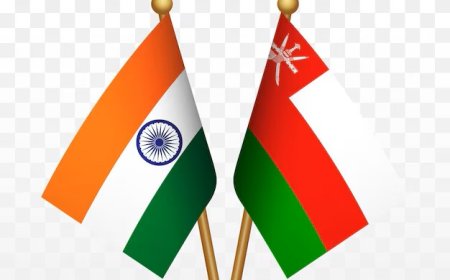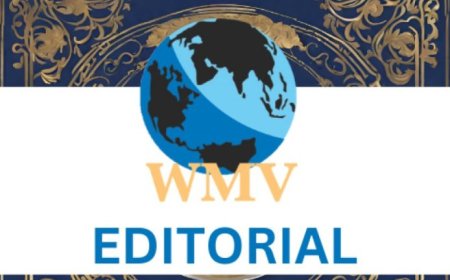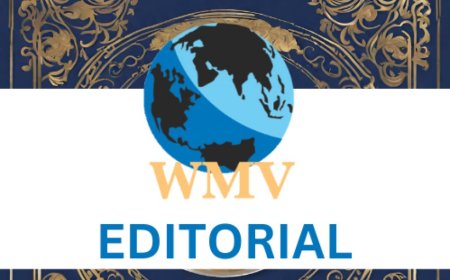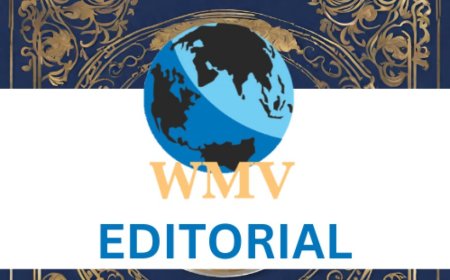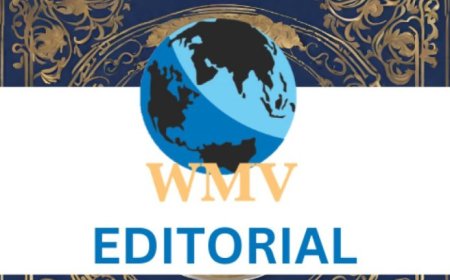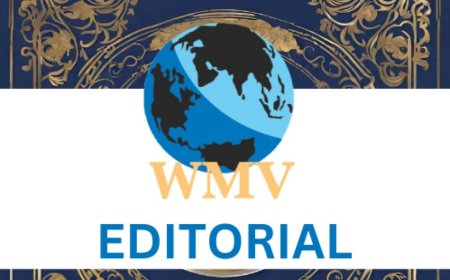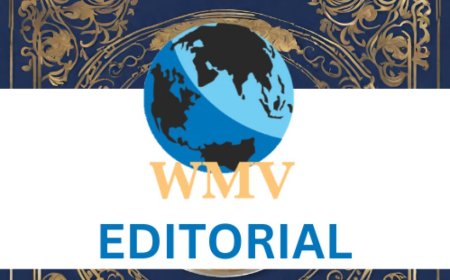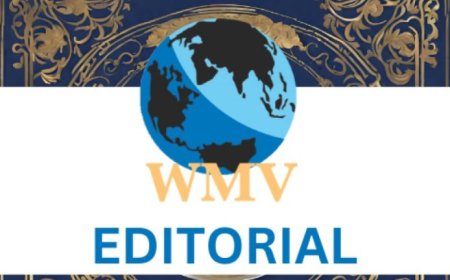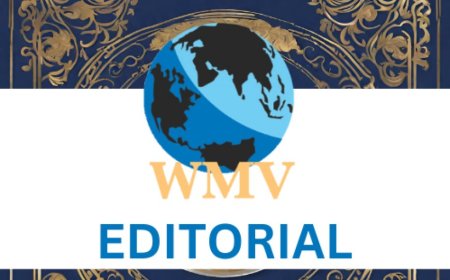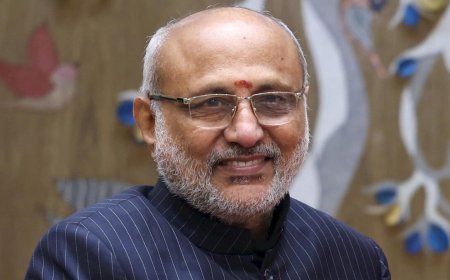Nurse shortage could hamper India's goal of achieving universal health coverage by 2030: PHFI
India has 17.2 nurses per 10,000 people, significantly lower than the Philippines. The government plans to add 15,700 nursing graduates annually through new colleges.

PUBLIC health researchers have called on the government to take steps to recruit and retain nurses to help overcome a significant shortage of such caregivers that could prevent India from achieving its goals of universal healthcare and better health outcomes by 2030.
Nurse migration is a significant challenge for India's health system, according to a research paper by the Public Health Foundation of India (PHFI). Many Indian nurses seeking better prospects migrate to countries such as the US and UK, which together receive over 15,000 foreign nurses annually.
The report highlighted that India has 17.2 nurses per 10,000 people, which is lower than the rate of 47.9 for the Philippines.
The report, co-authored by Preeti Kumari from PHFI and published in the medical journal BMJ, indicated that while the number of nurses globally has grown to 29.8 million in 2023, an estimated 5.8 million shortage persists.
It noted that the differences in regional workforce numbers are stark, with more nurses per capita in high-income countries than in low- and middle-income countries. The Americas region has 72.2 nurses per 10,000 population, compared with 17.4 in Southeast Asia.
To address this critical issue, the Indian government has already approved 157 new nursing colleges, which are expected to add about 15,700 nursing graduates a year to the workforce.
The authors also highlighted the creation of "community health officers," a new cadre of mid-level health providers in India, many of whom are nurses. Nursing colleges have integrated the competencies for this role into the four-year BSc nursing curriculum, allowing new graduates to be deployed directly to health and wellness centres.
In this role, nurses combine their clinical expertise with community engagement, making them indispensable for achieving universal health coverage goals.
Integrated strategy
The report touched on the financial aspect of migration, noting that remittances from migrating nurse professionals are a major contributor to the economies of many countries. In 2021, India received $100 billion in remittances from nurses. However, despite these benefits, migration severely strains the health systems of source countries.
The PHFI researchers recommended that the government attract, recruit and retain nurses through an integrated strategy.
“This strategy should combine financial incentives, professional development, safe working conditions, and clear career progression pathways,” they said.

